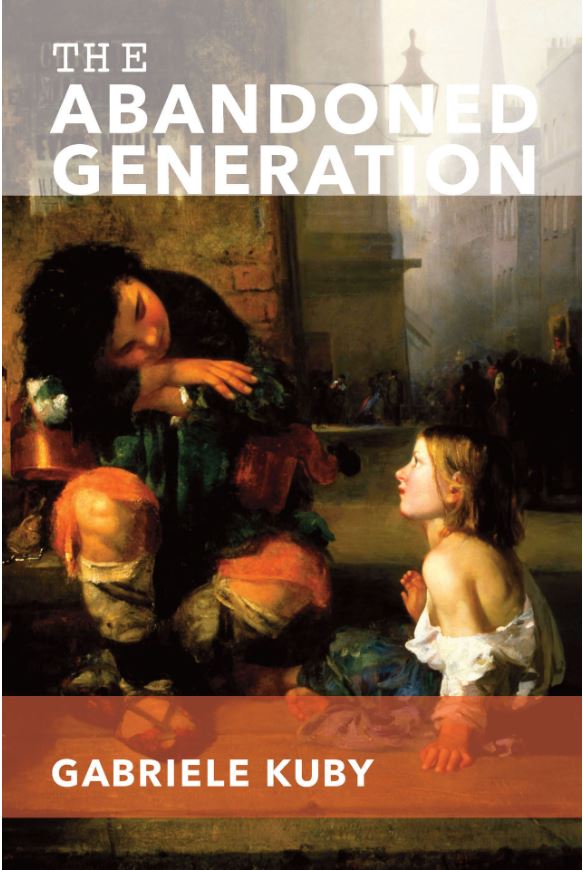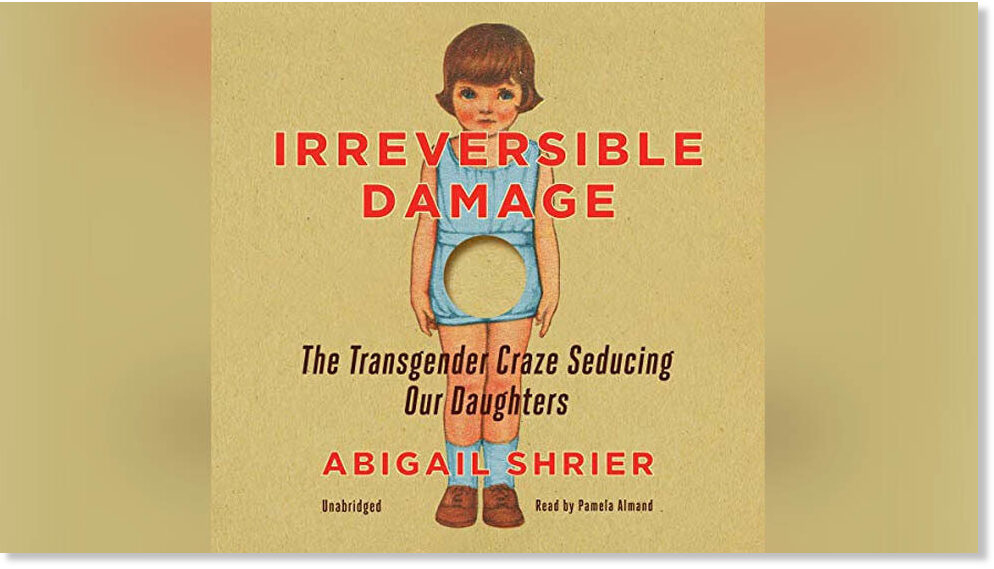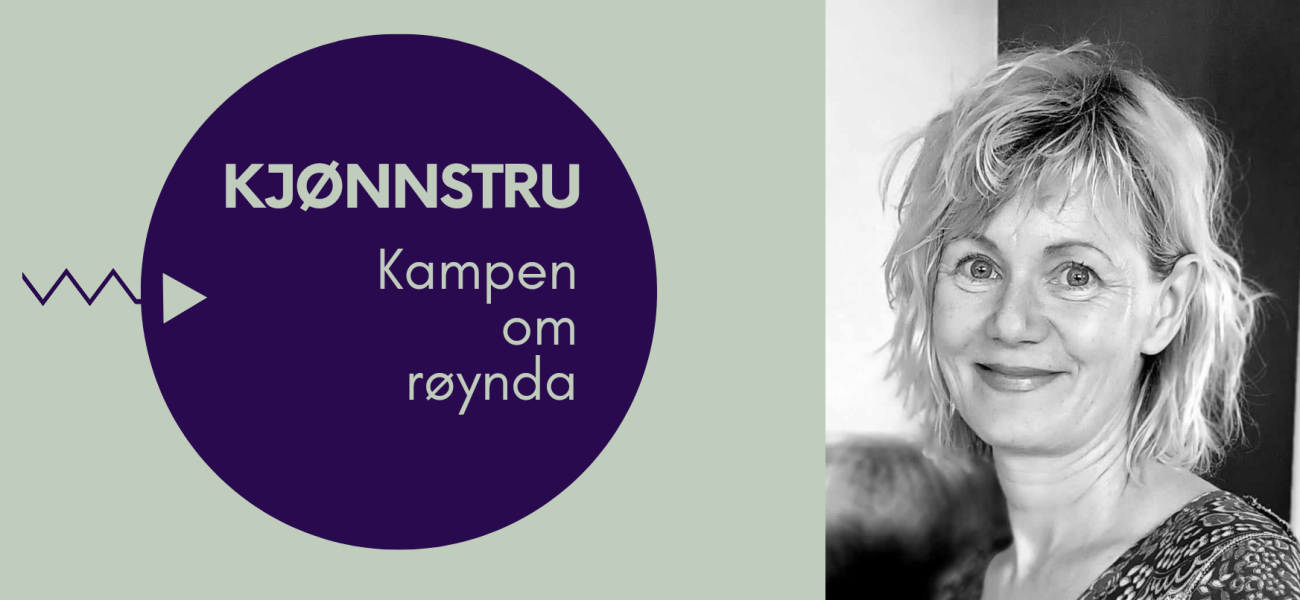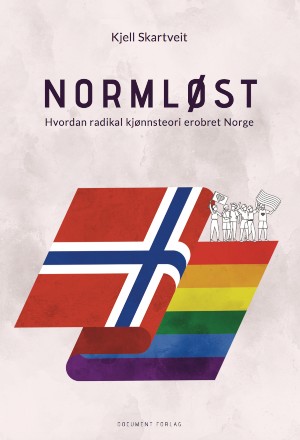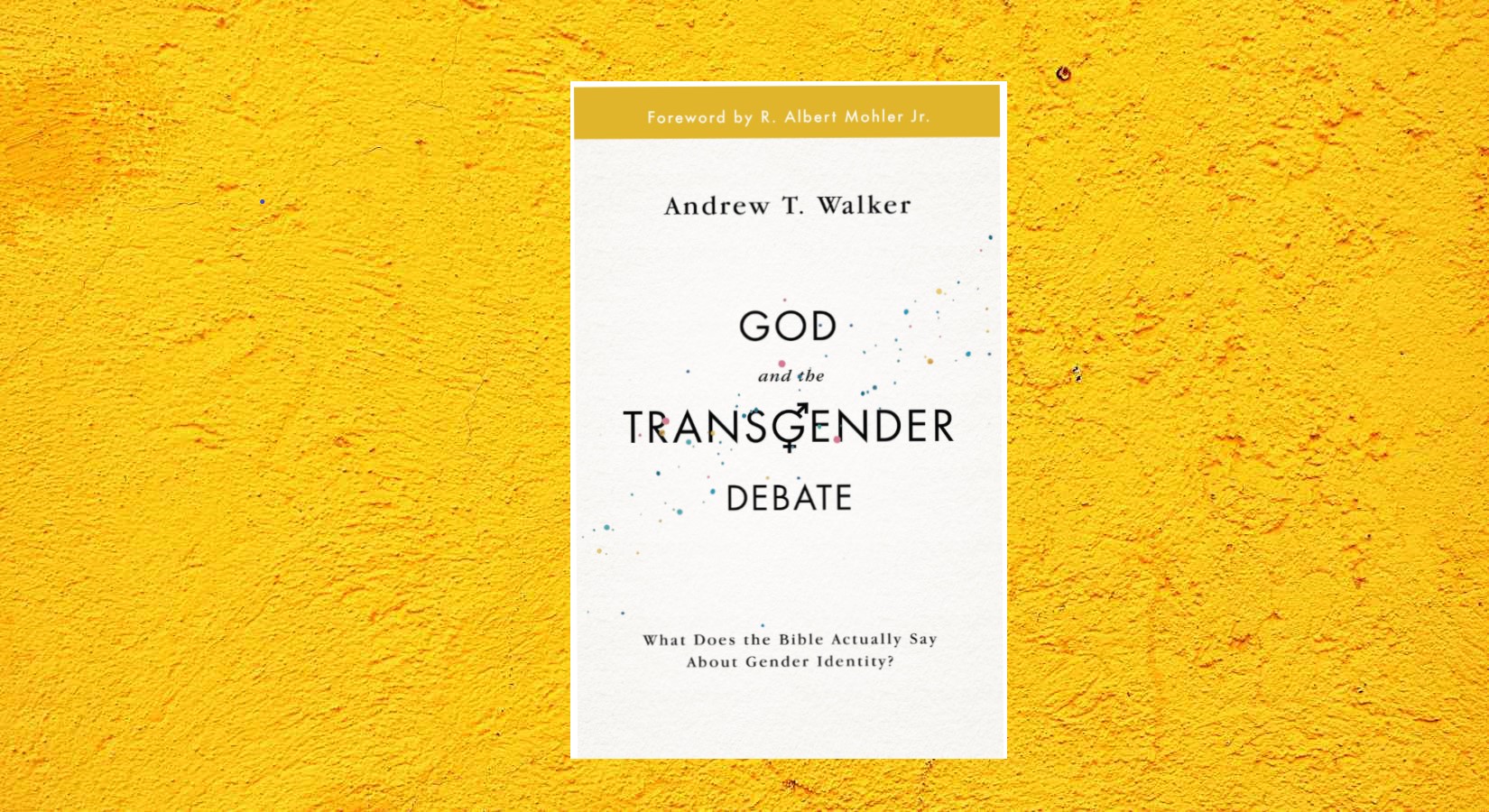Forfatter av boka Out From Under: The Impact of Homosexual Parenting, Dawn Stefanowicz, skriver om hva det vil si å vokse opp i en familie der tradisjonelle normer for samliv ikke eksisterer.
I am one of six adult children of gay parents who recently filed amicus briefs with the US Supreme Court, asking the Court to respect the authority of citizens to keep the original definition of marriage: a union between one man and one woman to the exclusion of all others, so that children may know and may be raised by their biological parents. I also live in Canada, where same-sex marriage was federally mandated
in 2005.
I am the daughter of a gay father who died of AIDS. I described my experiences in my book: Out From Under: The Impact of Homosexual Parenting. Over fifty adult children who were raised by LGBT parents have communicated with me and share my concerns about same-sex marriage and parenting. Many of us struggle with our own sexuality and sense of gender because of the influences in our household environments growing up.
Videre skriver hun om hva likekjønnede foreldre ikke kan gi barna sine:
Mothers and fathers bring unique and complementary gifts to their children. Contrary to the logic of same-sex marriage, the gender of parents matters for the healthy development of children. We know, for example, that the majority of incarcerated men did not have their fathers in the home. Fathers by their nature secure identity, instill direction, provide discipline, boundaries, and risk-taking adventures, and set lifelong examples for children. But fathers cannot nurture children in the womb or give birth to and breast-feed babies. Mothers nurture children in unique and beneficial ways that cannot be duplicated by fathers.
It doesn’t take a rocket scientist to know that men and women are anatomically, biologically, physiologically, psychologically, hormonally, and neurologically different from each other. These unique differences provide lifelong benefits to children that cannot be duplicated by same-gender “legal” parents acting out different gender roles or attempting to substitute for the missing male or female role model in the home.

